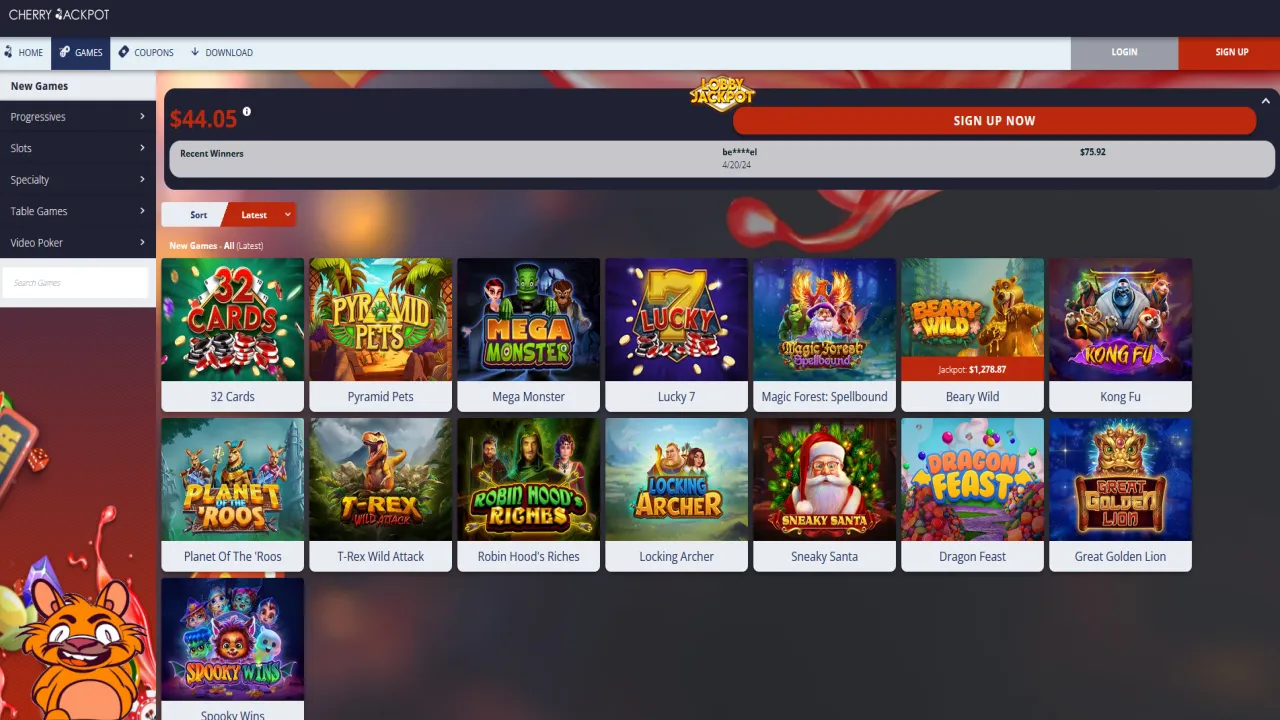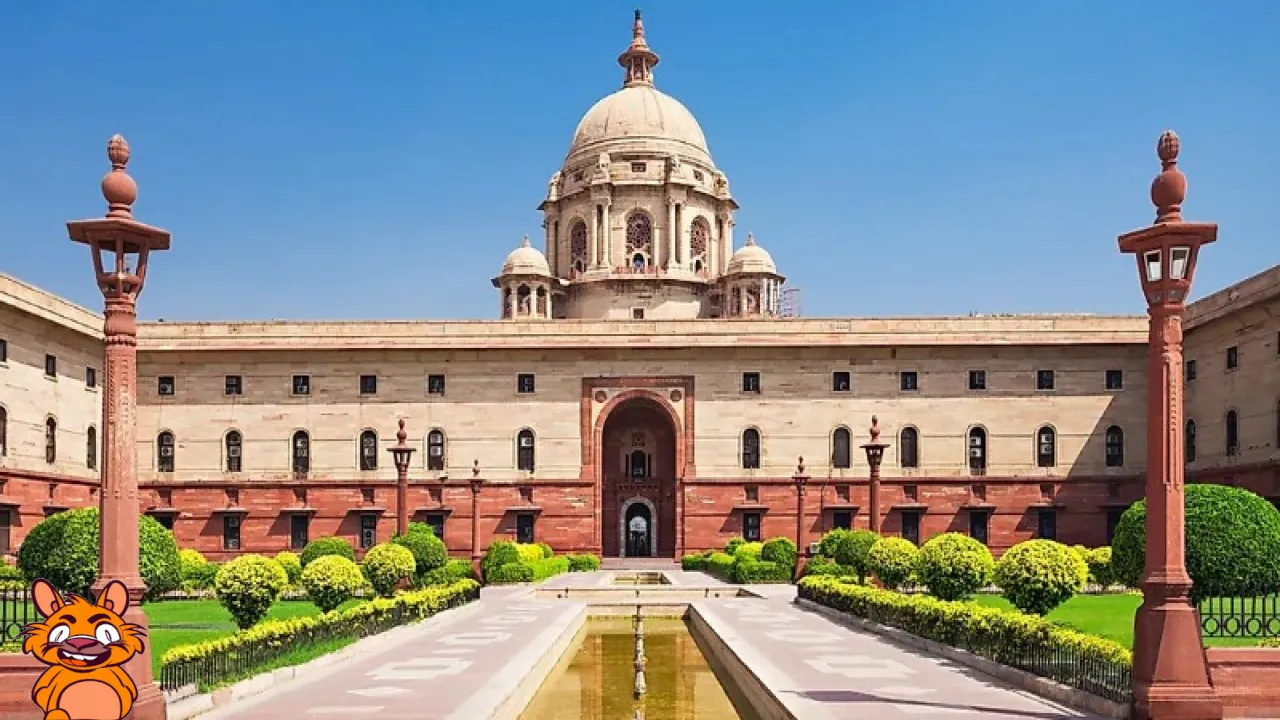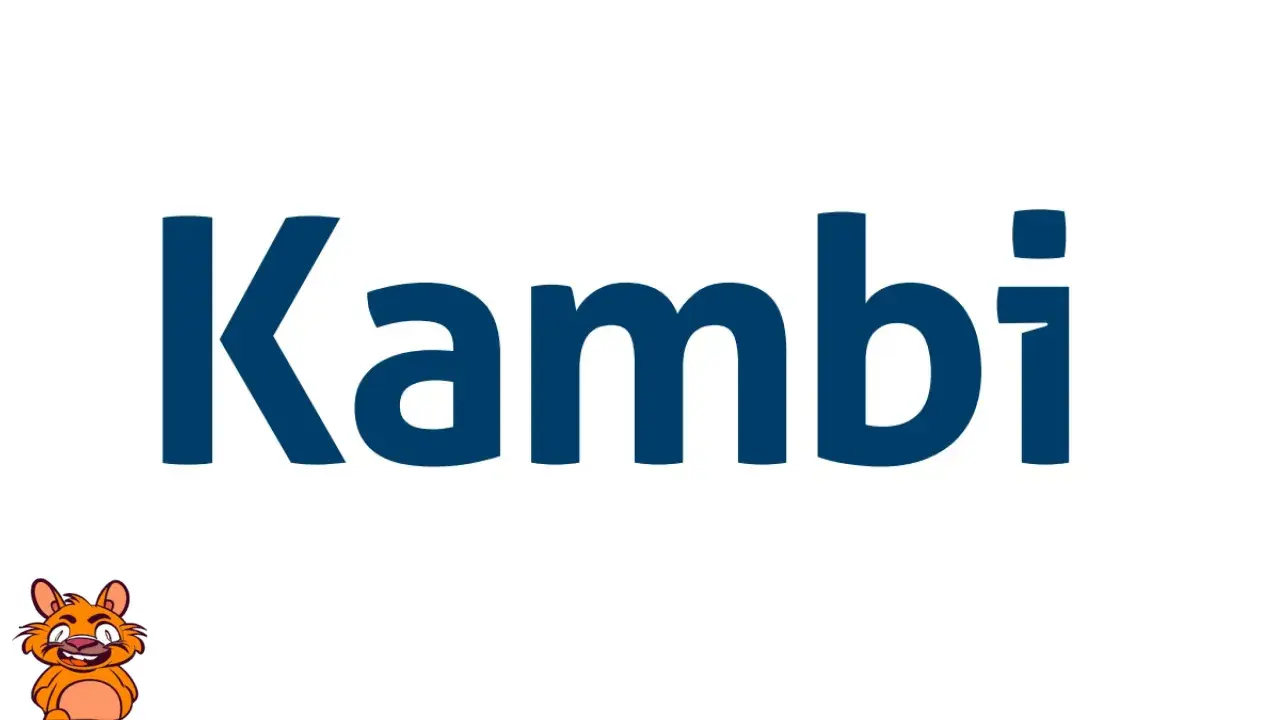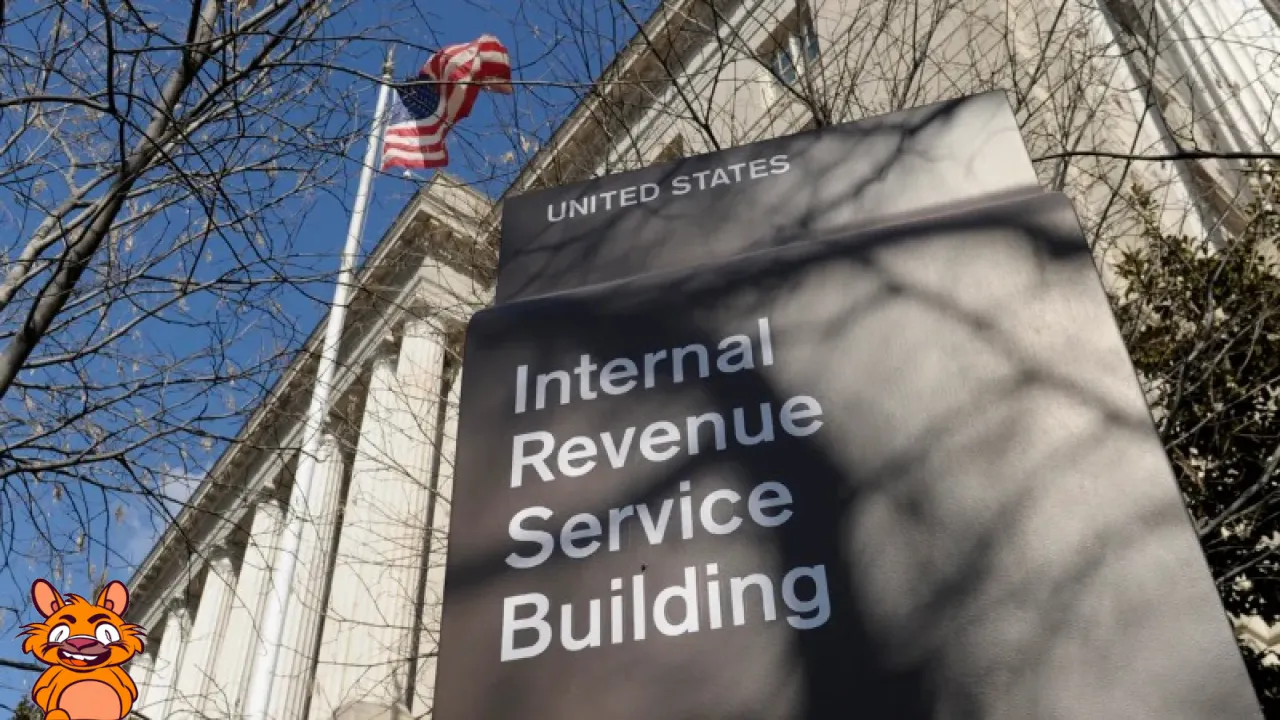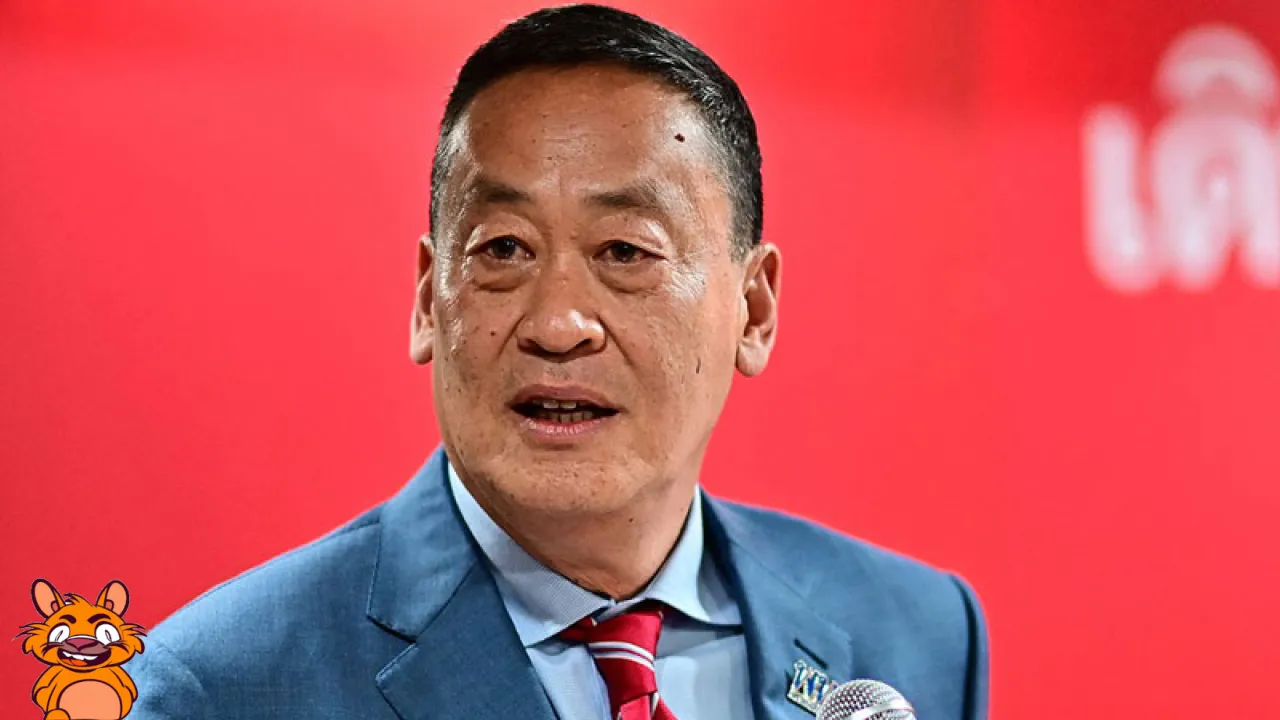The GST Council of India is considering an amendment to eliminate the 28% GST on online gaming, casinos, and horse racing. This change could stabilize the industry, attract international operators, and lead to lower costs for players. The amendment is seen as a significant opportunity to align India's online gaming sector with international standards, boosting growth and innovation. Industry leaders are optimistic, anticipating benefits like better regulations and increased player engagement.
GST Amendment: A Game Changer for India’s Online Gaming Industry?
Introduction
According to a recent tweet by Asia Gaming Brief, the GST Council of India is considering an amendment that could significantly impact the taxation of the online gaming, casino, and horse racing activities in India. If approved, the amendment could waive the 28 percent GST currently levied on these sectors. This development is expected to bring much-needed stability and clarity to the online gaming sector, which has been struggling with ambiguous tax laws for years.
The Current Scenario
Under the current tax regime, online casinos, gaming platforms, and horse racing activities are subject to a hefty 28 percent Goods and Services Tax (GST). This tax burden has been a significant deterrent for both operators and players. As part of India’s growing iGaming sector, these high taxes have hindered growth and investment in the industry.
Numerous CasinoALMA sources have pointed out that this amendment could potentially attract more overseas operators to enter the Indian market. This move could also encourage existing platforms to expand their offerings, benefiting players with a wider variety of games and better promotions.
Potential Benefits of the Amendment
There are several benefits that this amendment could bring. Firstly, it would enhance the sector’s formalization, making it easier to regulate and monitor. This could mean better protection for players and a more level playing field for operators. Additionally, the removal of the 28 percent GST could lead to lower costs for players, potentially increasing user engagement and revenue for online operators.
Moreover, the clarity brought in by this amendment could help streamline processes for obtaining licenses and adhering to compliance regulations. This could be particularly beneficial for smaller operators who often struggle with the complexities of the current tax regime.
Industry Reactions
Top figures in the online gaming and casino industries have expressed optimism about this potential change. The CEO of MyEmpire, one of the leading online casinos, noted that this move could set a precedent for other countries in the region to reconsider their own gaming taxes.
Similarly, operators like Neon54 and Slotspalace have welcomed the potential reduction in taxes, outlining plans to launch more player-friendly promotions and bonuses if the amendment is approved. Players can look forward to more no deposit bonus offers, daily free spins, and other lucrative promotions.
Impact on International Operators
If the proposed amendment comes into effect, it is likely to attract international operators to the Indian market. Giants like NetEnt, Microgaming, and Playtech could see this as an opportunity to expand their reach. This could mean more diverse game options for Indian players and potentially higher quality gaming experiences.
Similarly, many other sports betting platforms could be enticed to enter the market. This could provide healthy competition to established names like TonyBet, offering players more choices and potentially better odds.
Regulatory Considerations
While this amendment presents numerous advantages, it comes with its set of challenges. Regulatory authorities will need to ensure that the elimination of the 28 percent GST does not spur excessive gambling or result in substantial revenue losses for the government. Vigilant regulation and stringent compliance measures will be essential to maintain a fair and orderly gaming market.
Moreover, the implementation of this amendment will need to mesh seamlessly with the existing legal framework. Operators such as KoiCasino and Buumi emphasize the necessity for transparent guidelines to avoid any misinterpretation of the new regulations.
Broader Economic Implications
This proposed change extends beyond mere tax relief; it is about elevating India’s online gaming sector to international standards. If successful, it could unlock unprecedented growth and innovation within the iGaming industry. Furthermore, this move could act as a catalyst, prompting other nations to re-evaluate their taxation policies on online gaming.
Economically, a more robust and less burdened gaming sector could result in job creation, increased tourism revenue, and a wider array of entertainment options for the public.
User Engagement and Market Growth
The anticipated reduction in GST is likely to significantly impact user engagement positively. Players will benefit from reduced costs, prompting greater participation and extended gameplay sessions. This should, in turn, lead to amplified revenues for operators.
Moreover, the market could witness an influx of new operators, both domestic and international, attracted by a more favorable tax environment. This inflow will introduce healthy competition and foster innovation, ultimately enriching the user experience.
Insights from Industry Leaders
Insights from industry leaders further underscore the potential benefits of this amendment. The CEO of MyEmpire remarked that such a move could serve as a benchmark for other nations grappling with high gaming taxes. Similarly, executives at Neon54 and Slotspalace are lining up eye-catching promotions and bonuses pending the amendment's approval.
An industry survey showcased on CasinoALMA emphasizes the widespread anticipation among operators and players alike, hopeful of a more viable fiscal environment that fosters growth and innovation.
International Perspectives
Globally, this move could signal greater international collaboration. Giants like NetEnt, Microgaming, and Playtech are eagerly watching India's regulatory decisions, viewing them as pivotal for future market entries.
This could lead to an enriching cross-pollination of best practices, technological advancements, and gaming content, raising the bar for the Indian gaming sector.
Challenges and Concerns
While the optimistic industry response is palpable, there are concerns about over-regulation and potential pitfalls in implementation. Ensuring that reduced GST does not incite irresponsible gambling behavior will be crucial.
The amendment's long-term success will hinge on its seamless integration within India’s broader legal and regulatory landscape. Operators and industry stakeholders must collaborate closely with regulatory bodies to ensure smooth transitions and adherence to new norms. Notable gaming hubs such as CasinoALMA Finland, CasinoALMA Sweden, and CasinoALMA Germany can provide vital insights into managing such reforms effectively.
Future Outlook
This GST amendment represents more than tax relief; it holds transformative potential for India's online gaming industry. By aligning the sector with global standards, India stands poised to become a key player in the international iGaming market.
Stakeholders are keenly awaiting the GST Council's final decision, recognizing the substantial implications for business operations, user engagement, and economic growth. The sector's evolution could usher in a new era of prosperity, innovation, and enhanced player experiences.
For more updates on this topic and other significant developments in the iGaming world, stay tuned to CasinoALMA, your premier source for reliable industry news, in-depth reviews, and the latest bonus deals.
If the GST Council approves this amendment, it could mean that the 28 percent GST may no longer be collected on online gaming, casino, and horse racing activities going forward. This is expected to bring stability and clarity to the sector.
— Asia Gaming Brief (@agbrief) June 20, 2024









